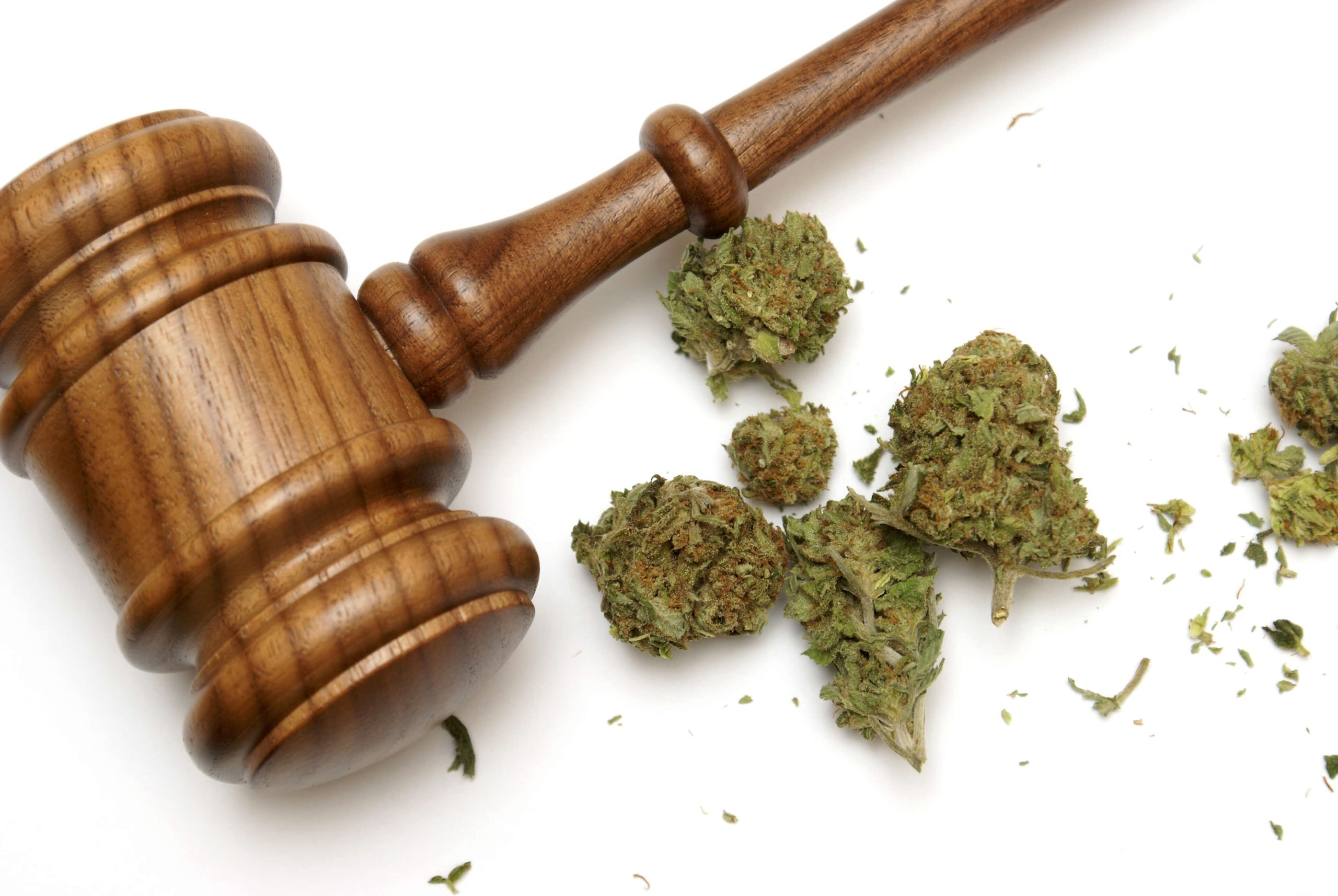Senator John Hickenlooper Refiles Bill to Lay Groundwork for Federal Cannabis Legalization
WASHINGTON — Senator John Hickenlooper (D-CO) has reintroduced a bill that seeks to pave the way for federal marijuana legalization. Titled the Preparing Regulators Effectively for a Post-Prohibition Adult-Use Regulated Environment Act (PREPARE) Act, the legislation, unveiled on Thursday, proposes the establishment of a commission by the attorney general to provide recommendations on a regulatory framework for cannabis, based on the current alcohol regulatory system.
The bill closely resembles a House companion version introduced in April by Representatives Dave Joyce (R-OH) and House Minority Leader Hakeem Jeffries (D-NY). While both chambers introduced the bill last session, it failed to advance.
As a former governor of Colorado, where voters approved the nation’s first-ever recreational cannabis legalization initiative in 2012, Senator Hickenlooper stated in a press release on Monday that his state is “the model for a safe, well-regulated marijuana market” and emphasized the need for federal regulations to build on that success.
The key provisions of the bill are as follows:
- Require the attorney general to establish the “Commission on the Federal Regulation of Cannabis” within 30 days of the bill’s enactment.
- The commission will study federal and state regulatory models for alcohol and draw recommendations on how they could inform marijuana regulations.
- The commission’s report will assess the impact of marijuana criminalization, particularly concerning minority, low-income, and veteran communities.
- The panel will examine the lack of consistent regulations for cannabis product safety, use, and labeling requirements, including those related to youth safety. It will also address the lack of guidance for cannabis crop production, sale, intrastate, interstate, and international trade.
- The commission will propose measures to remedy cannabis-related banking and research barriers, as well as address coexistence issues between individual hemp and cannabis industries, such as preventing cross-pollination of products.
- Efficient cannabis revenue reporting and collection, along with federal revenue frameworks, will be studied and recommended.
- The commission will issue a report to Congress within 12 months.
The revised bill also includes an additional responsibility for the commission to propose measures to “alleviate and remedy” disruptions to established state and local regulatory systems due to federal regulation.
The Senate version diverges from the House bill by requiring the House minority leader to appoint a commission member with expertise in the history of cannabis criminalization and its impact on various communities, particularly minorities, medical patients, and veterans. Furthermore, the Senate bill adds one state and one local marijuana regulator to the list of commission members.
The commission will comprise representatives from various government departments, including Health and Human Services, Justice, Agriculture, Veterans Affairs, Interior, Education, Labor, Commerce, National Institutes of Health, Alcohol and Tobacco Tax and Trade Bureau, Food and Drug Administration, Internal Revenue Service, Bureau of Alcohol, Tobacco, Firearms and Explosives, National Highway Traffic Safety Administration, Occupational Safety and Health Administration, National Institute of Standards and Technology, Small Business Administration, and the U.S. Trade Representative. It will also include a person formerly incarcerated for a non-violent cannabis use or possession crime, a substance use disorder prevention expert, a representative from a trade organization or nonprofit representing highly regulated adult goods and consumer package goods, and two individuals who have worked to develop state-level regulatory systems.
Supporters of the bill include the Veterans Cannabis Coalition, NORML, US Cannabis Council, Minorities for Medical Marijuana, National Cannabis Industry Association (NCIA), and Coalition for Cannabis Policy, Education, and Regulation (CPEAR), among others.
Despite the ongoing administrative review into cannabis scheduling directed by President Joe Biden late last year, Attorney General Merrick Garland has stated that he does not believe intervening in states with legalized cannabis is an appropriate use of Justice Department resources. The Department of Health and Human Services (HHS) and Drug Enforcement Administration (DEA) are leading the review, and HHS Secretary Xavier Becerra hopes their work will be completed by the end of the year. However, the outcome remains uncertain.



































